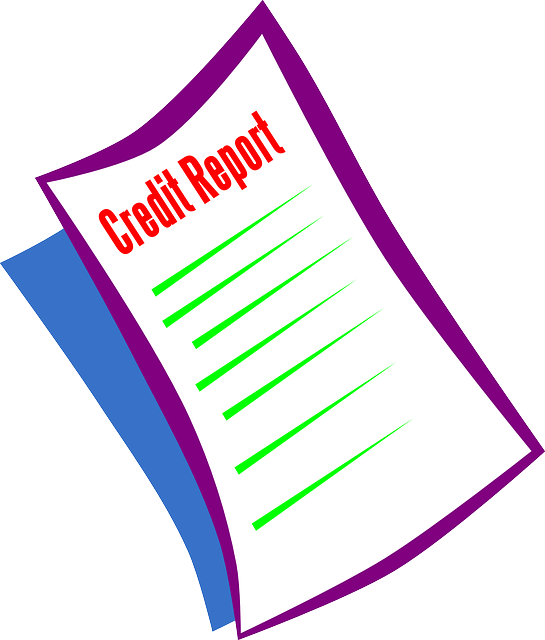Most know that having a strong credit history and profile is an important aspect of being financially fit personally, but credit has a significant impact on businesses as well. Regardless of the size of an organization or the industry in which it operates, the need to access affordable financing by way of a credit card, a loan, or a line of credit arises at some point in a business’s lifecycle. Having a strong credit score for your business as well as a solid track record of on-time payments and responsible credit use allows your company to qualify for the best available interest rates on common business financing vehicles. But just like personal credit, it takes time to establish a business credit score, and it requires work to maintain it over time. Here are a few tips for making your business credit history shine.

Make Your Business Known
The first step business owners need to take in establishing business credit is to make sure the company is on the grid. That doesn’t mean having a marketing plan or an employee or two; it requires formal registration of the business and the creation of business-only accounts. Start by obtaining a federal tax identification number for the business, known as an EIN, and then create a business phone number and, if you’re feeling ambitious, a company website. These aspects of a business are crucial to the business credit process as they prove credibility to potential lenders. Finally, business owners should take the time to establish a business bank account that is registered under the business, not an individual’s, name.
Pay on Time
The similarities between personal credit and business credit are most prominent when it comes to paying bills on time. If you happen to miss a payment on a personal credit card or loan, or you are chronically late submitting payment, your individual credit score and history takes a hit. In business, the ramifications of missed or late payments are the same. Whether it is a loan payment, a credit card bill, or a supplier invoice, create a system of cash flow management that sets the stage of on-time payment, every time.
Establish Relationships with Vendors and Suppliers
One of the ways businesses establish credit when the company is just getting started is through vendors and suppliers. If your business utilizes outside companies for inventory, office supplies, or other purchased goods, ask about creating a line of credit directly with that company. In some cases, vendors and suppliers will extend a short-term credit line to new businesses, even when no tangible credit is established. So long as payments are made on time, and the relationship continues to be strong, a vendor or supplier line of credit can be a smart way to boost your company’s credit profile for other, larger lenders in the future.
Keep Personal and Business Spending Separate
If you are a newly established business, it may seem unnecessary to keep a degree of separation between company expenses and personal spending; however, this is a crucial step in creating business credit for the long-term. Ensure that you have a business checking or savings account where only company-related purchases are made and revenue is deposited. Taking this important step shows prospective lenders exactly what the business is working with in terms of cash flow over time. Co-mingling business funds with personal money muddies the waters for potential lenders, and it puts you in a situation where few will feel comfortable giving you access to low-cost financing in the future.
Pay Attention
Once your business is on the map, you’ve taken the appropriate steps to establish working relationships with vendors and suppliers, and you’ve ensured your personal and business finances are separate, you will want to pay close attention to your business credit score and history. Reviewing business credit is similar to checking up on personal credit, and lenders report the good and the bad to major credit reporting agencies just like they would with individual accounts. Be sure to review your business credit on a regular basis, and be timely with fixing errors should they appear.
Building business credit may seem a bit daunting at first, but taking these simple steps can put you in the right position to qualify for affordable financing when your business needs it the most.